Seabuckthorn (Hippophae L.) is a multipurpose shrub or small tree, which grows widely in high altitude cold regions of Asia (Indian Himalayas and China), Europe. It has also been introduced in North America and South America. The plant has potential in food, cosmetics and health protection and environmental conservation. This fifth volume of the book entitled “Seabuckthorn (Hippophae L.)-A Multipurpose Wonder Plant” has 67 excellent papers, including cases studies and some reviews by experts from several countries like India, Russia, China, Canada, Finland, Romania, Mongolia and Germany.
The book comprises of 7 sections, dealing with studies and technologies on various aspects of seabuckthorn. The first section on “Cultivation Technologies” has 4 papers, which deal with diseases management, pollination biology, nitrogen fixation and harvesting technology of seabuckthorn. The second section on “Genetic diversity and Improvement” has 10 papers and deals with genetic diversity and improvement and molecular biology of seabuckthorn. The third section on “Chemistry and Biochemistry” has 14 papers and deals with chemistry and biochemistry of seabuckthorn, comprising bioactive compounds like vitamins, fatty acids, carotenoids, flavonoids, sterols, tannins, fatty acids, amino acids and their dynamics in seabuckthorn fruit and leaves. The fourth section on “Medical Research” has 21 papers, which deals with the studies on the experimental and clinical trials conducted on the efficacy of seabuckthorn oil and leaf extracts and preparations for protection and treatment of health disorders like gastric ulcer, wound healing, radiation damages, cancer, diabetes, cardiovascular problems, skin problems. The fifth section on “Processing Technologies” has 12 papers, which deals with the processing and storage technologies of seabuckthorn products. The sixth section on “Environmental Conservation” has 3 papers and deals with the application of seabuckthorn technologies for the improvement of soil properties, environmental conservation and control of soil erosion. The seventh section on “Animal Husbandry” has 3 papers and deals with studies and technologies for the production of animal and poultry feed. The book will prove very useful to the seabuckthorn researchers, students, environmentalists, food, herbal medicine, cosmetic, animal and poultry industries, policy makers and all those interesting in knowing more about this multipurpose wonder plant and harnessing its nutritional, health, economic and ecological potential.

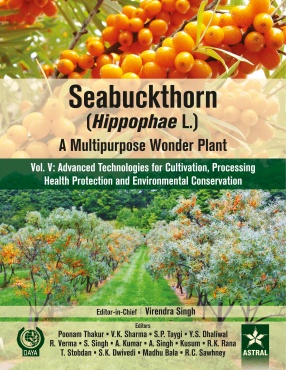

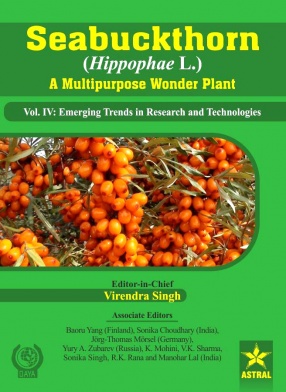
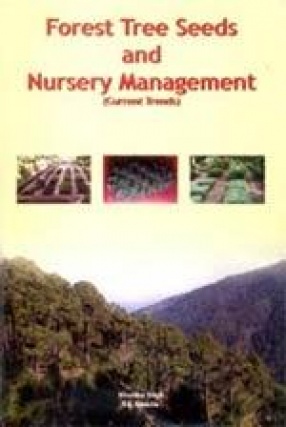
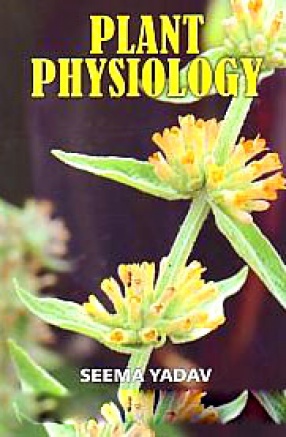
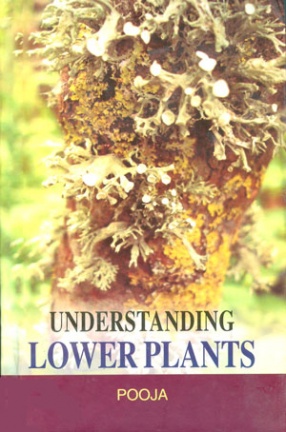
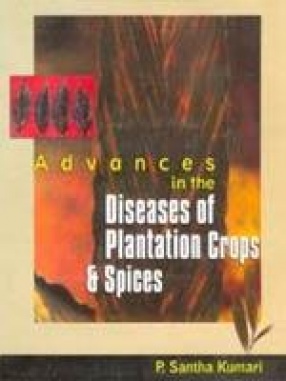
There are no reviews yet.